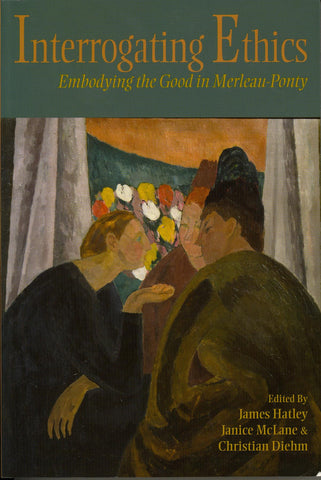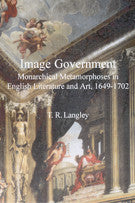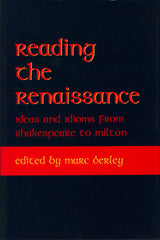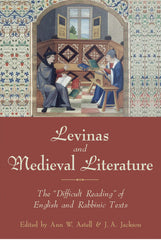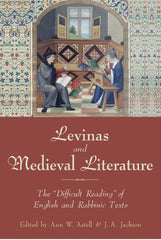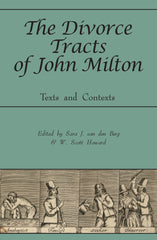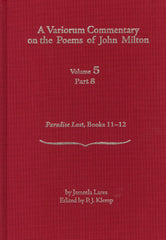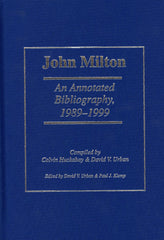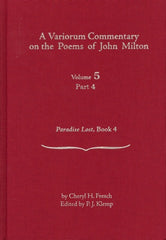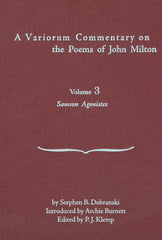Interrogating Ethics: Embodying the Good in Merleau-Ponty
Ed. by James Hatley, Janice McLane, & Christian Diehm $26.00Note: paperback version of this book is out of print, but the hardcover version is available here.
Published in 2006 | 320 pages| paper | ISBN: 978-0-8207-0383-4
Book Information:
The essays in this unique and timely volume focus on our embodied responsiveness to others, particularly as this is illuminated in the thought of French phenomenologist and psychologist, Maurice Merleau-Ponty. Long an underacknowledged influence on much contemporary thought, Merleau-Ponty's work informs not only philosophy and psychology, but anthropology, visual art, dance, and many other fields. Interrogating Ethics now makes clear his influence on ethical theory and argues for a renewed sense of the ethical.
In drawing out the many facets of ethical responsibility suggested by Merleau-Ponty's writings, contributors here turn to the fields of aesthetics, political theory, developmental and depth psychology, interfaith relations, literary criticism, feminist and ecological critique, as well as to practices of phenomenological description, hermeneutical analysis, and deconstructive reading. Merleau-Ponty is shown to be an ethical thinker, albeit one who poses the question of ethics and our interactions with others indirectly, implicitly offering a postmodern critique of the Enlightenment attempt to devise an ethics confidently and straightforwardly founded upon the autonomy of individual subjects. However, Merleau-Ponty's careful account of lived and embodied responsibility does not render the ethical subject merely contingent or even superfluous, as many postmodern approaches have.
Articles by both established Merleau-Ponty scholars and relative newcomers explore Merleau-Ponty's understanding of human subjectivity, corporeality, and active engagement in the world. From presentations of Merleau-Ponty's convergences and divergences with his predecessors, to lively discussions of issues as contemporary as the significance of his thought for environmental ethics, these essays capture and depth and breadth of Merleau-Ponty's significance to conversations about ethics, but also suggest the rich opportunities for much exploration still to be done in both interpreting and understanding this essential thinker.

